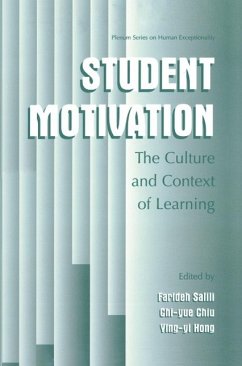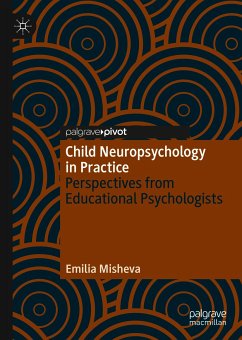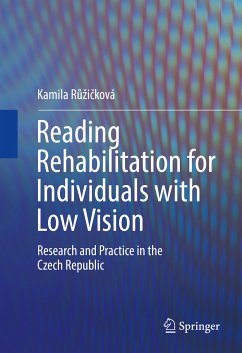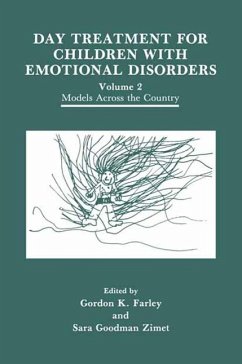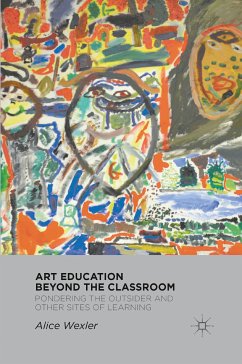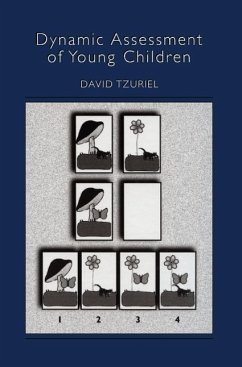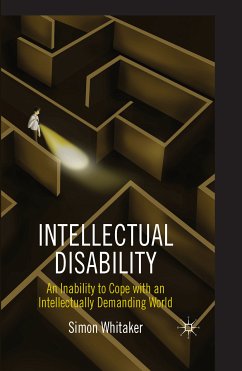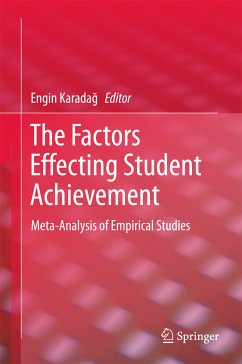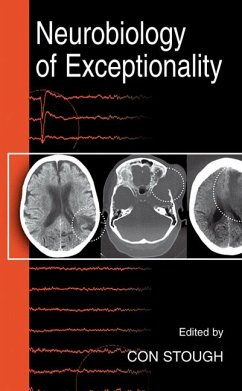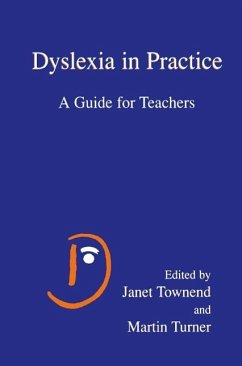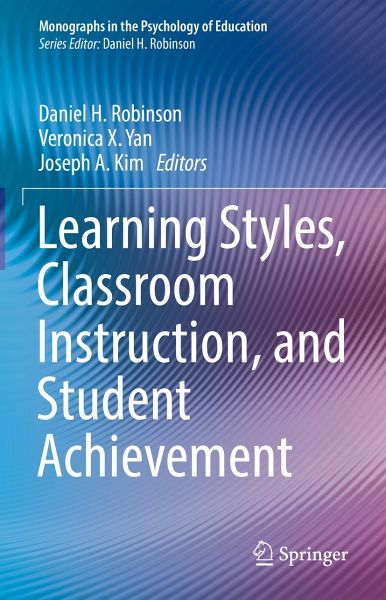
Learning Styles, Classroom Instruction, and Student Achievement (eBook, PDF)

PAYBACK Punkte
56 °P sammeln!
The book examines the history of learning styles, including their widespread acceptance and endorsement in educational settings. In addition, it explores both the support of and opposition to learning styles by academics. The book discusses cases for and against learning styles and offers a systematic review of empirical evidence. It describes consequences of promoting learning styles in the classroom and offers insights into future directions in research and practice.The book offers a critical examination that adds to the broader discussion of what is truthful and what is fake news in educati...
The book examines the history of learning styles, including their widespread acceptance and endorsement in educational settings. In addition, it explores both the support of and opposition to learning styles by academics. The book discusses cases for and against learning styles and offers a systematic review of empirical evidence. It describes consequences of promoting learning styles in the classroom and offers insights into future directions in research and practice.The book offers a critical examination that adds to the broader discussion of what is truthful and what is fake news in education.
Learning Styles, Classroom Instruction, and Student Achievement is an essential resource for researchers, professors, and graduate students as well as teachers and educational professionals in such varied fields as clinical child and school psychology, educational psychology, social work, public health, teaching and teacher education, and educational practice and policy.
Key areas of coverage include:
- History of learning styles.
- Widespread belief in and uses of learning styles.
- Review of recent learning styles coverage in academic journals.
- The case for learning styles.
- The case against learning styles.
- Consequences associated with using learning styles.
Learning Styles, Classroom Instruction, and Student Achievement is an essential resource for researchers, professors, and graduate students as well as teachers and educational professionals in such varied fields as clinical child and school psychology, educational psychology, social work, public health, teaching and teacher education, and educational practice and policy.
Dieser Download kann aus rechtlichen Gründen nur mit Rechnungsadresse in A, B, BG, CY, CZ, D, DK, EW, E, FIN, F, GR, HR, H, IRL, I, LT, L, LR, M, NL, PL, P, R, S, SLO, SK ausgeliefert werden.



